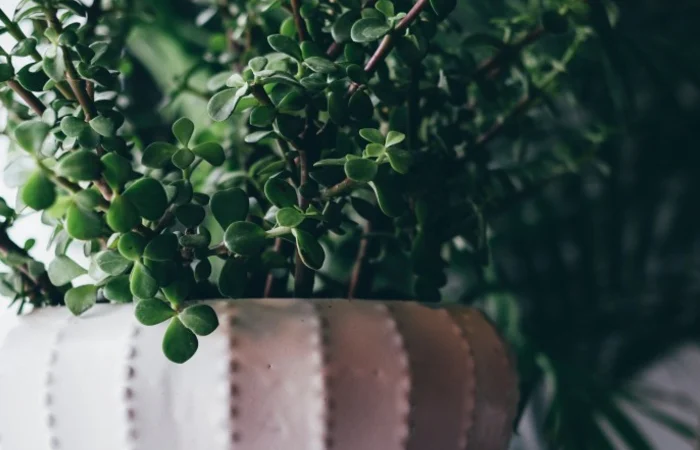Succulents are a fascinating group of plants known for their ability to store water in their leaves, stems, or roots. This unique adaptation allows them to survive in arid environments where water is scarce. If you’re interested in propagating succulents, germinating their leaves is a rewarding and relatively straightforward process.
Understanding Succulent Leaf Propagation
Succulent propagation through leaf cuttings is a popular method among hobbyists and gardeners. Unlike other plants that propagate through seeds, succulents can regenerate a new plant from a single leaf. This process is called leaf propagation, and it’s based on the plant’s ability to produce new growth from its cellular structure.
Preparing the Leaves
Before you begin the germination process, it’s crucial to prepare the succulent leaves properly.
Choose Healthy Leaves
Start by selecting healthy, mature leaves from your succulent plant. Avoid leaves that are damaged, diseased, or too small, as they may not have the energy needed to produce new growth.
Remove the Leaves Gently
Use a clean, sharp tool to gently twist and remove the leaves from the stem. Be careful not to tear or damage the leaf, as this can hinder its ability to germinate.
Allow the Leaves to Callus
Once removed, place the leaves in a dry, well-ventilated area for a few days. This allows the cut end of the leaf to form a callus, a protective layer that helps prevent rot and encourages new growth.
Creating the Right Environment
Succulents require specific conditions to germinate successfully. Providing the right environment is key to ensuring your leaves develop into healthy new plants.
Choose the Right Soil
Use a well-draining soil mix specifically designed for succulents. A blend of perlite, vermiculite, and cactus soil works well. Avoid using soil that retains too much moisture, as this can lead to rot.
Prepare the Planting Container
Select a shallow container with good drainage holes. Fill it with your prepared soil mix and lightly water it before placing the leaves.
Place the Leaves
Lay the callused leaves on top of the soil, ensuring they are not buried. The cut end should be facing up. Lightly mist the soil and leaves with water to create a humid environment.
Maintaining Optimal Conditions
Once your leaves are planted, maintaining the right conditions is essential for successful germination.
Provide Bright, Indirect Light
Succulents need bright light to photosynthesize and produce energy. However, direct sunlight can be too intense and cause the leaves to dry out. Place your container in a spot with bright, indirect light.
Control the Humidity
High humidity levels are crucial during the germination process. You can create a humid environment by covering the container with a plastic dome or placing it in a humidity tray. Be sure to open the dome or tray occasionally to allow for air circulation.
Monitor Watering
Water your succulent leaves sparingly. The soil should remain moist but not waterlogged. Lightly mist the soil and leaves every few days, or when the soil feels dry to the touch. Avoid letting water accumulate on the leaves, as this can cause them to rot.
Observing Growth and Transplanting
As your succulent leaves begin to grow, you’ll need to monitor their progress and eventually transplant them into individual pots.
Watch for New Growth
After several weeks, you may notice small roots and a new plantlet forming at the base of the leaf. This is a sign that your leaf is germinating successfully.
Transplant When Ready
Once the new plantlet has developed sufficient roots and a few sets of leaves, it’s ready to be transplanted. Carefully lift the plantlet and its roots from the soil, and plant it in its own pot filled with well-draining succulent soil.
Continue Care
Continue to provide your new succulent plant with bright, indirect light and water it sparingly. With proper care, your newly germinated succulent should thrive and grow into a beautiful, healthy plant.
Conclusion
Germinating succulent leaves is a rewarding process that allows you to propagate your favorite plants with ease. By following the steps outlined above, you’ll be able to create new succulent plants from existing leaves, expanding your collection and enjoying the beauty of these unique plants for years to come.
Related Topics:


